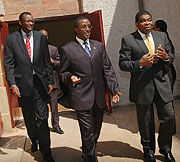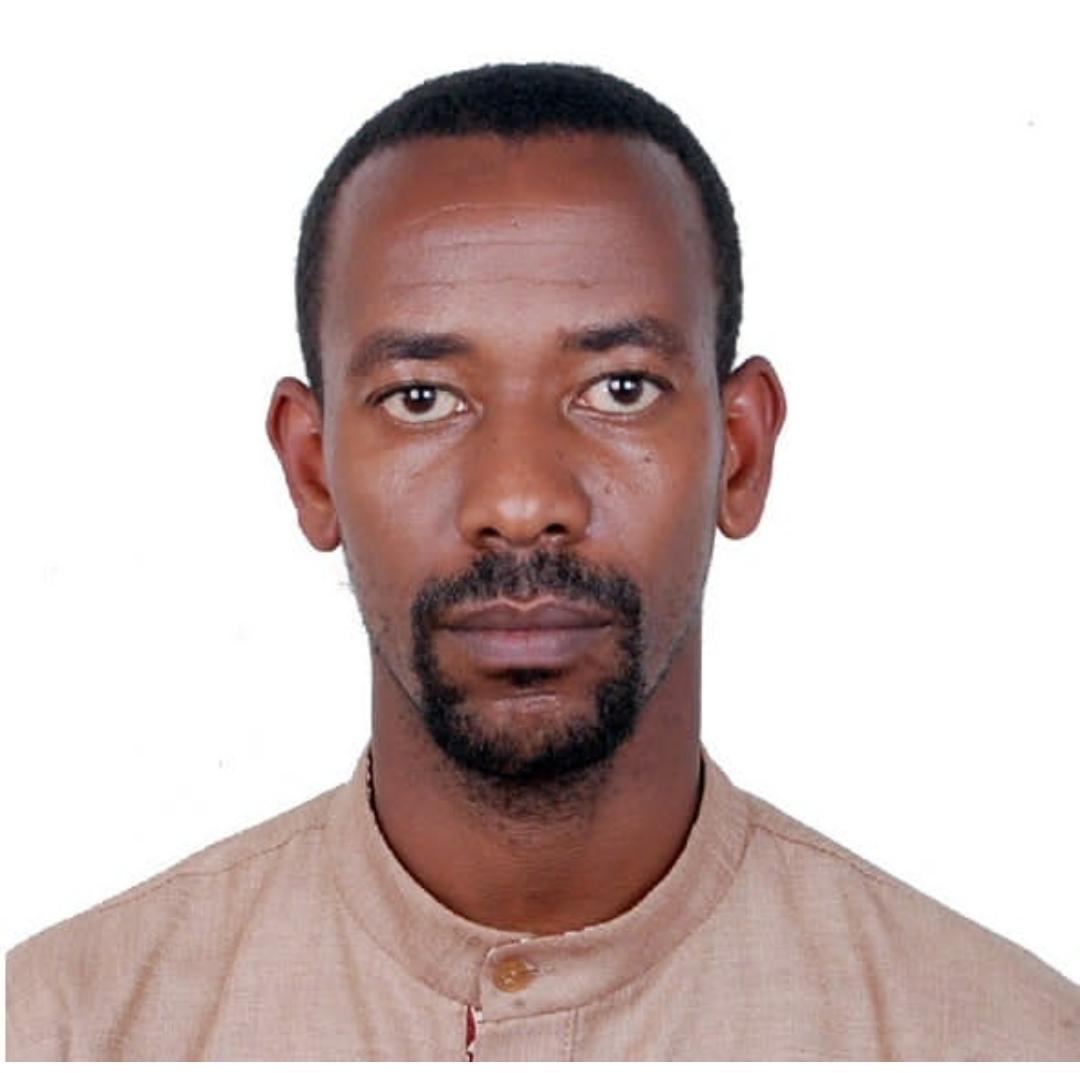Members of Parliament from the East African community and Democratic Republic of Congo have been urged to embark on reconciliation and institutional reforms, in order for the region to achieve comprehensive peace.


Members of Parliament from the East African community and Democratic Republic of Congo have been urged to embark on reconciliation and institutional reforms, in order for the region to achieve comprehensive peace.
The call was made yesterday by the president of the Rwanda Senate, Dr. Vincent Biruta, and the Speaker of the EAC Legislative Assembly Abdirahin Abdi, during the opening of a two day conference on the contribution of Parliament to the national reconciliation and institutional reform agenda at parliamentary buildings in Kimihurura.
"Today we are talking about reconciliation because in the last two decades our region has been characterized by violent conflicts involving communities and armed groups,” Biruta said.
"My country, Rwanda was devastated by the last Genocide of the 20 century. Currently, we are dealing not only with the consequences, but also struggling to prevent conflict recurrence in our region.”
He pointed out that in the aftermath of the 1994 Genocide against the Tutsi, some of the big challenges the country faced included the resettlement of internally and externally displaced Rwandans, reconstruction of infrastructure, the re-establishment of institutions, and most critically, delivering justice while fostering reconciliation in a context whereby survivors, genocide suspects, returnees from exile and others had to live together and chart a common future for their nation.
"As far as the Parliament of Rwanda is concerned, it has been deeply involved in the creation of the various mechanisms put in place for reconciliation purpose.
These are among others, the National Unity and Reconciliation Commission, the Gacaca courts and the National Commission for the fight against Genocide,” added Biruta
Speaking at the same conference, Abdirahin Abdi admitted that it is premised on the desire of a people to forge ahead and put the past to shame and by pursuing a common vision that promotes unity, inclusive political processes, justice, peace and reconciliation.
"True reconciliation begins with restoration of hope to the victims and practical efforts that helps to heal and forget whatever pain was caused,” Abdi said.
"Through legislations, Parliaments should empower institutions that are not functional by employing best practices that have been tested and successfully used in other jurisdictions,” he remarked.
Ends


